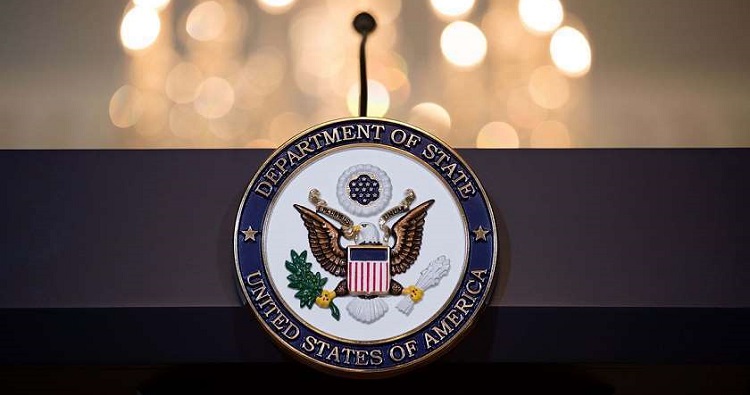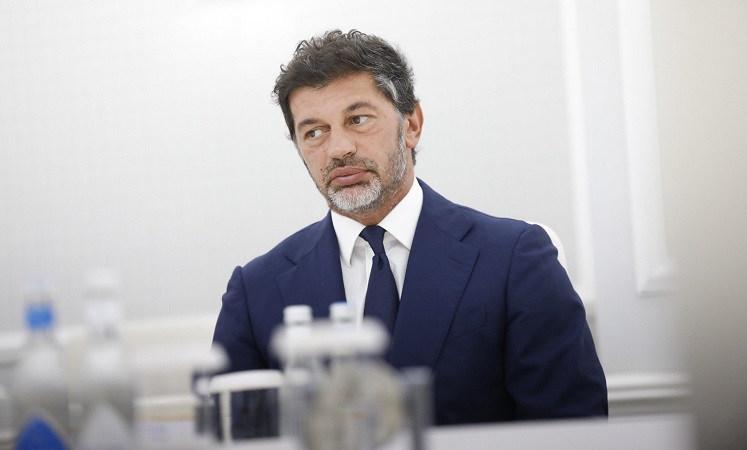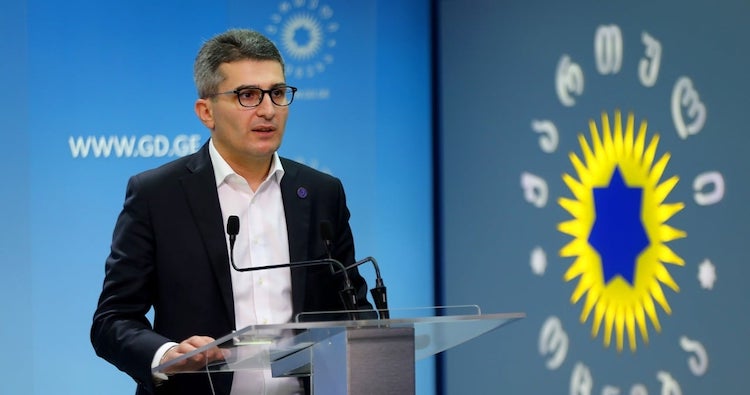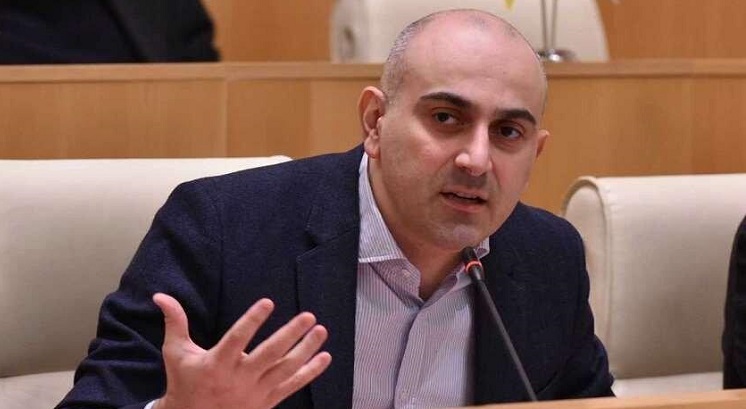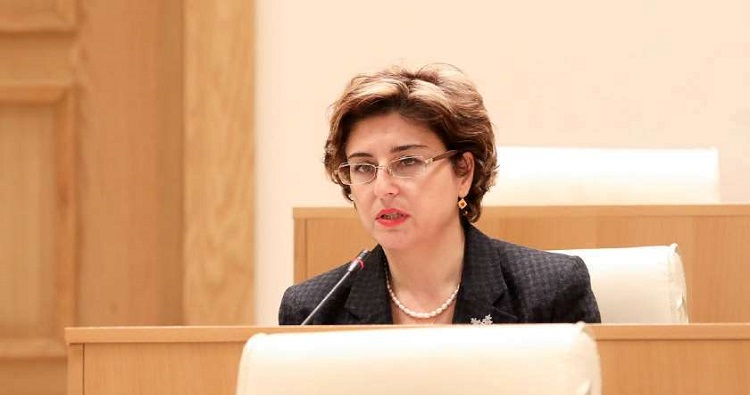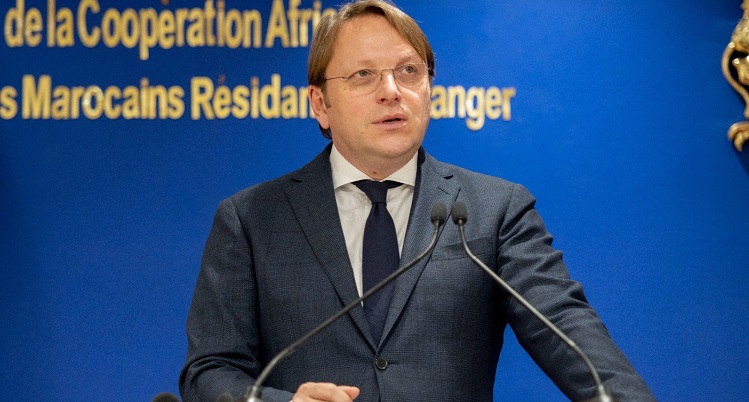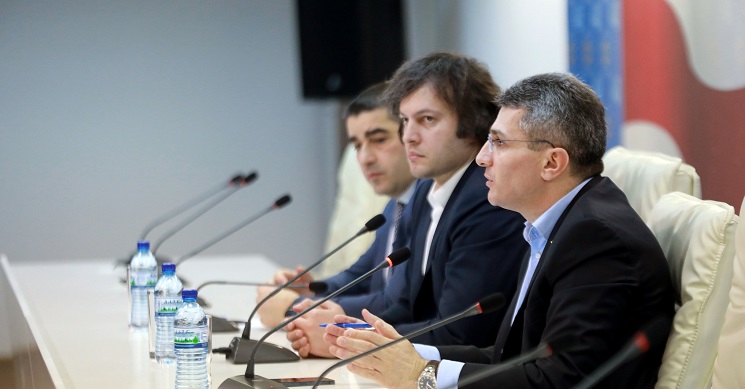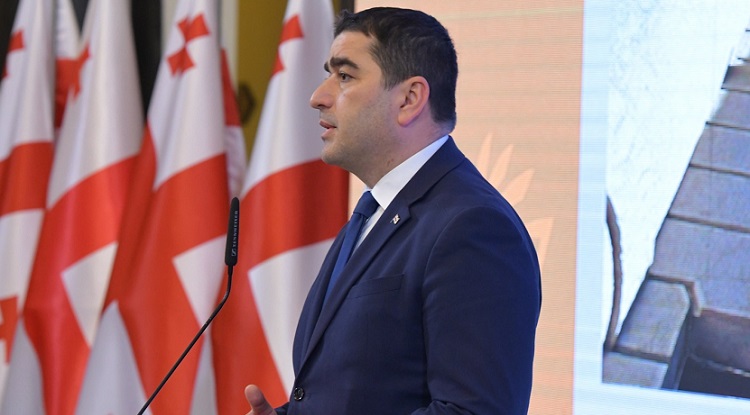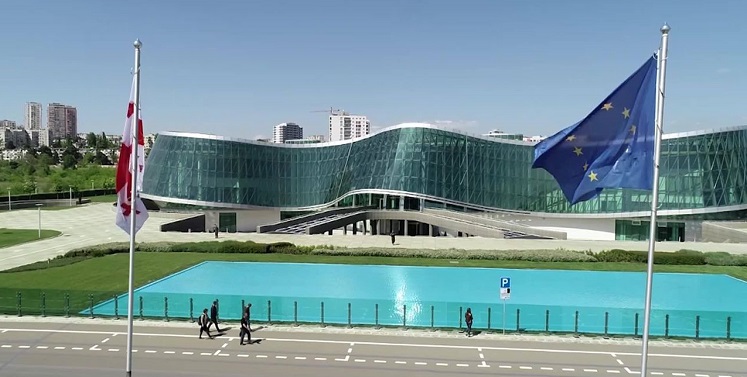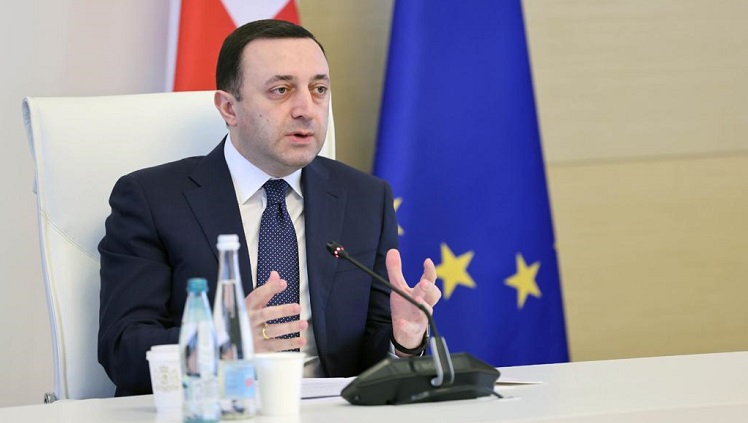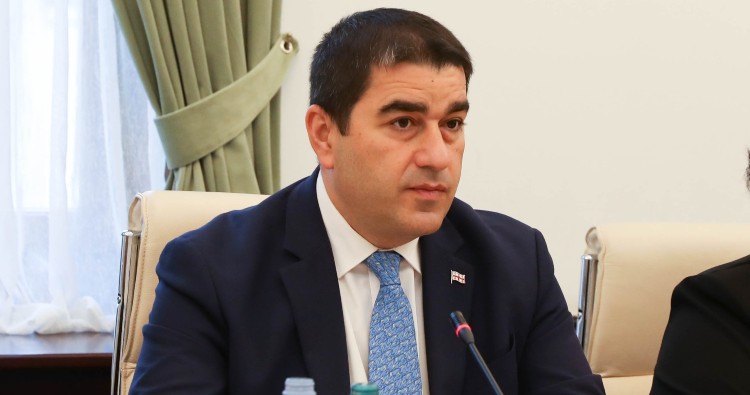EU delegation to Georgia welcomes withdrawal of transparency bill
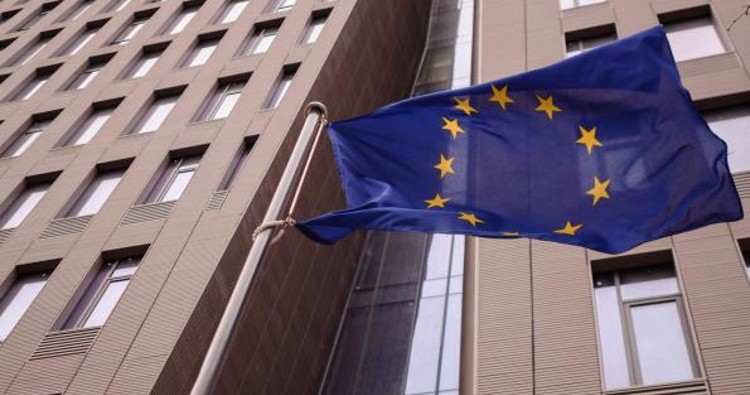
The European Union delegation to Georgia on Thursday welcomed the announcement by the ruling Georgian Dream party on withdrawal of the draft legislation on transparency of foreign influence. Photo:eeas.europa.eu
The European Union delegation to Georgia on Thursday welcomed the announcement by the ruling Georgian Dream party on withdrawal of the draft legislation on transparency of foreign influence.
“We encourage all political leaders in Georgia to resume pro-EU reforms, in an inclusive and constructive way and in line with the 12 priorities for Georgia to achieve [EU membership] candidate status”, the statement said.
The ruling party on Thursday said it was “unconditionally” withdrawing the controversial bill on transparency of foreign influence that was met by a backlash by domestic opposition, civil sector and diplomatic representations in the country, citing the interest of maintaining domestic “tranquillity”, the country’s development and its European integration aspirations as factors behind the decision.
A joint statement by the Political Council of the GD, members of the Parliamentary majority and the People’s Power movement - composed of former members of the ruling party who proposed the bill last month - said the legislative piece had caused controversy in the public, adding restoring “peace, tranquillity and economic development”, as well as Georgia's progress on its European integration path, was a priority in the move.
The draft law, which involved registration of non-commercial legal entities and media outlets in the country as “agents of foreign influence” if they derive more than 20 percent of their funding from abroad, passed its first hearing at the Parliament earlier this week, with its discussions accompanied by heated exchanges and clashes between MPs, as well as public rallies outside the legislative body.
Its proposal was met with criticism by domestic actors and Georgia’s international partners, with Josep Borrell, the European Union High Representative for Foreign Affairs and Security Policy, on Tuesday saying it was “incompatible” with EU values and standards.
The United Nations Office in Georgia said adoption of the bill would “risk impeding the work of civil society and media and the essential contributions they make to Georgian democracy”.
 Tweet
Tweet  Share
Share


